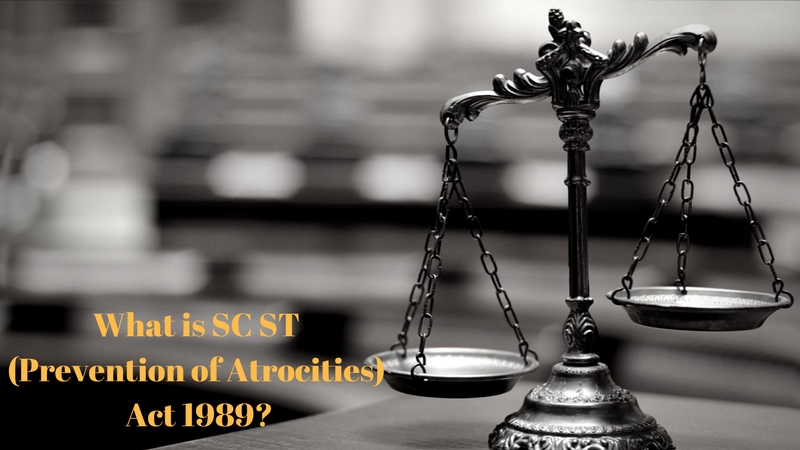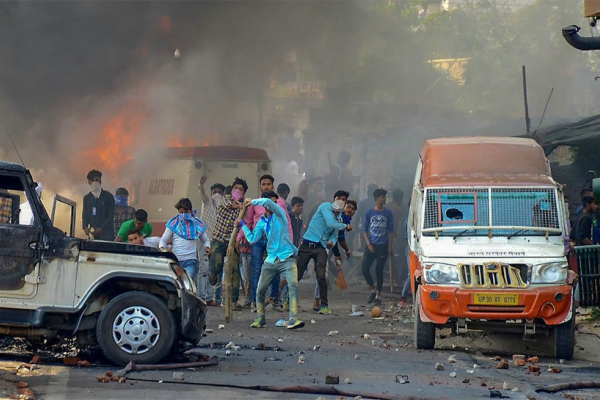SC/ST Act And Supreme Court’s Verdict

Scheduled Caste and Tribes Act also known as POA (Prevention of Atrocities) Act is an act of parliament intended to protect Scheduled caste and tribes against atrocities. The POA act was passed in 1989 because the normal provision of the existing laws like India Penal Code (IPC) and the Protection of Civil Rights Act 1955 was unable to check these atrocities. The statement of objects and reasons appended to the Bill while moving the same in the Parliament reads
“Despite various measures to improve the socioeconomic conditions of SCs & STs, they remain vulnerable. They are denied a number of civil rights; they are subjected to various offenses, indignities, humiliations, and harassment. They have, in several brutal incidents, been deprived of their life and property. Serious atrocities are committed against them for various historical, social and economic reasons.”
The preamble of the Act also states that the Act is
“to prevent the commission of offenses of atrocities against the members of Scheduled Castes and Tribes, to provide for Special Courts for the trial of such offenses and for the relief and rehabilitation of the victims of such offenses and for matters connected therewith or incidental thereto.”
The purpose of this act was to uplift the Scheduled caste and tribes and to include them in Indian society and thus the law perform functions like punishing crimes against people belonging to Scheduled Castes and Tribes, It gives special protections and rights to victims also sets up courts for fast completion of cases. Some crimes under the IPC are given increased punishments under this law, also cruel and degrading crimes that occur very often against SC/ST communities, such as forcing them to eat cow dung, boycotting them socially etc. More than 20 such acts are punished under this law.
Recently supreme-court passed a verdict which stopped the immediate arrest of anyone accused under the Dalit law. Previously under the POA act, the person accused was immediately arrested for 6 months to 6 years and was subjected to a fine depending upon whether the person was a government employ or someone else. Also, the court seemed to be pretty bias towards Dalits and because of this in recent years there was also a high rate of FIRs rejected as being ‘false’ by the police. In Karnataka, the rejection rate at the police station level was 77% of total cases disposed of in 2009. People have been misusing these powers to get rid of their personal problems and thus there must be some additional laws to stop these false cases and a proper investigation must be set up before stating anyone guilty, for the same reason Supreme Court passed the verdict, stopping the immediate arrest of a person accused under Dalit Law.

The verdict of Supreme Court led to the protest called by Dalit groups against the court which caused the death of 9 people during the protest. According to the Government’s top Law officer KK Venugopal, the verdict has shaken the confidence of Dalits and affected their morale. The verdict as seen by the Dalits is that they may not get proper protection and justice. They might think that even if they file a complaint against a person it may take a lot of time for that person to get imprisoned.
The verdict is mistaken for diluting the rights and laws of Dalits but actually, it is believed to lessen the false cases registered and must not affect the rights of Dalits. Though nothing can be stated as of now, the final consequences of Verdict will take some time to appear.





